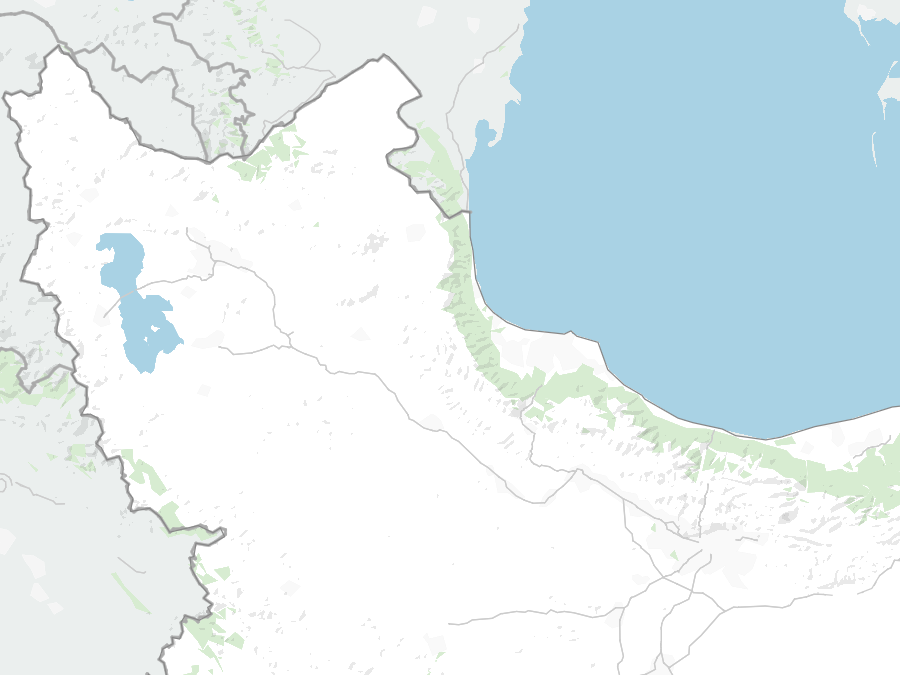Iran’s President Ebrahim Raisi and Foreign Minister Hossein Amirabdollahian have both died in a helicopter, as the helicopter crashed due to bad weather in a mountainous and forested region of the nation. Raisi was on his way back from inaugurating a cooperation dam project with Azerbaijani President Ilham Aliyev near Iran’s border with that country. This was the most recent indication of improving ties between the two nations.
The sudden and unexpected demise of Ebrahim Raisi has sent shockwaves across the globe, sparking widespread uncertainty as to whether it was a tragic accident or a premeditated incident. India, standing as a crucial ally of Iran, demonstrated its solidarity by observing a one-day national mourning, epitomized by the solemn lowering of the national flag at Rashtrapati Bhavan in Delhi. This tragic event carries significant ramifications, exerting influences on both regional dynamics and the intricate web of Iran’s internal politics. With Ayatollah Ali Khamenei holding the authority to designate Iran’s next leader, the abrupt vacancy presents formidable challenges in the succession process. Throughout Raisi’s tenure, India-Iran relations thrived; however, lingering uncertainties now cast shadows over the future trajectory of ongoing collaborative endeavours and the extent of bilateral cooperation between the two nations. Consequently, the aftermath of Raisi’s untimely passing underscores the imperative for a meticulous reassessment of strategic approaches and nuanced diplomatic manoeuvring within the region.
The death of Iranian President Raisi amidst ongoing regional conflicts has significantly raised concerns about stability in the area, given the already unstable situation in West Asia, continuous Israel- Haman war with Israel’s offensive in Gaza and Rafah, Yemen’s Houthi rebel attack in red sea pose danger to international trade and security as a significant portion of trade transit through the Red Sea. Speculation surrounding the circumstances of his death has emerged, particularly due to Iran’s involvement in various regional disputes, further complicating the situation.
Although official statements cite adverse weather conditions as the cause of the incident, doubt lingers among certain factions, sparking discussions regarding the succession process and its potential ramifications for Iran’s political environment. Given the longstanding animosity between the US, Israel, and Iran, exacerbated by Iran’s support for Palestine in opposition to Israel’s actions, suspicions arose regarding their possible involvement in the event. However, both nations have officially denied any connection to the incident and offered condolences. Determining the true cause of the crash, whether it was deliberate or accidental, remains a matter of ongoing investigation and time will reveal the truth.
Within Iran, there is ongoing discussion regarding the direction of leadership, with differing preferences. Hardliners staunchly advocate for the perpetuation of Iran’s resistance against Western sanctions and its assertive stance in foreign affairs. On the contrary, moderates advocate for a more progressive approach, emphasizing the need for reforms and potential diplomatic engagement with the US to alleviate Iran’s international isolation. Amidst these opposing viewpoints, the role of the Supreme Leader, Ayatollah Khomeini, looms large, with his influence anticipated to play a decisive role in shaping the outcome of Iran’s upcoming presidential election. As the ultimate authority in Iran’s political and religious spheres, Ayatollah Khomeini’s endorsement holds significant weight, ultimately guiding the nation’s path forward in the realm of governance and international relations.
Moreover, concerns have been raised about the potential impact of Raisi’s death on the implementation of agreements such as the recent ten-year agreement between the two on Chabahar Port. Bandar Abas port is a crucial unit in India’s International North- South Trade Corridor connecting India. India expressed condolences, reaffirmed its commitment to maintaining robust bilateral relations with Iran amidst ongoing conflicts, including the Israel-Hamas war and heightened security concerns in the Red Sea.
The stance of the Supreme Leader on Iran’s regional policies remains critical, with the repercussions of Raisi’s death extending beyond Iran, impacting regional dynamics and stability. The incident has prompted speculation about orchestrated actions and the potential for heightened conflicts in West Asia. India’s response underscores the importance of sustaining strong bilateral relations amidst regional uncertainties. As the region navigates through this period of heightened tension and speculation, India’s proactive engagement serves as a beacon of stability, offering a pathway towards fostering mutual understanding and cooperation in the face of regional challenges.
